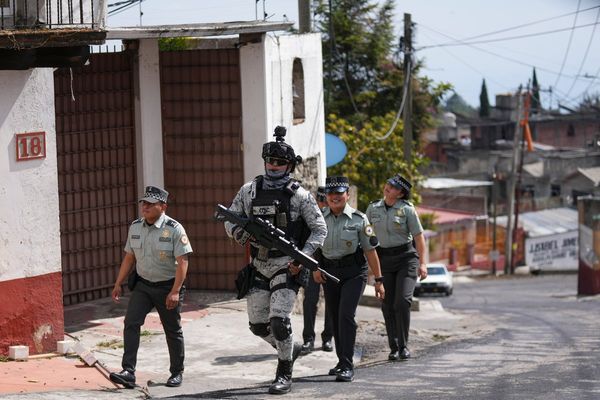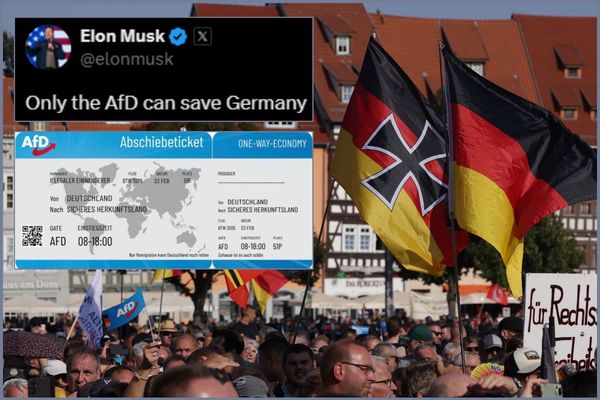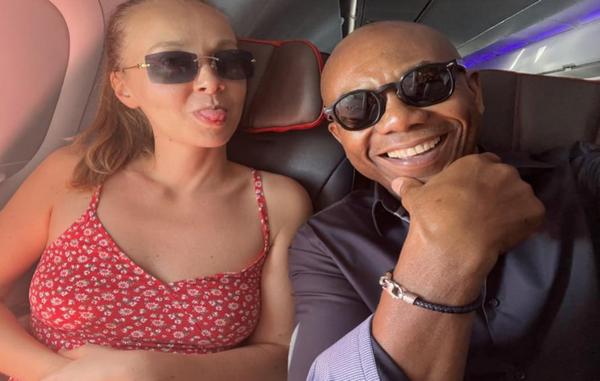
It’s beginning to get ridiculous. What more does David Beckham have to do to secure himself a knighthood? The decorated ex-footballer was spotted at the weekend, flat-capped and head down, waiting in line to see the Queen’s coffin. Reports suggest Beckham was offered the chance to use a special access queue, but declined (wary, perhaps, of some This Morning-style blowback), opting instead to wait for 13 hours with the rest of the hoi polloi. Naturally, the public flocked to sing his praises; the old “national treasure” epithet has been slung around with abandon.
By this point, the British people are all too familiar with Beckham’s acts of service, both major and minor. Many of these took place on the football pitch. After being vilified to the point of flaming effigies for his petulant red card at the 1998 World Cup, Beckham burst back into the nation’s favour with a sensational, crunch-free kick against Greece in the 2002 qualifiers. He would go on to captain his country for six years. More recently, the footballing icon has been a patron of the sport both at home and abroad. He’s campaigned for World Cups and the 2012 Olympics. Ferried the Olympic torch along the Thames. Held meetings with the PM at Downing Street in a bid to tackle global food poverty. He even flew out during the war in Afghanistan to gladhand with the troops, a one-man morale machine. Short of draping himself in the union flag, getting the Queen’s face tattooed on his sternum, and maybe recolonising some small part of the Asian continent, there’s not much more old Becks could have done to endear himself to the British hegemony. So what’s the hold-up? Why is he languishing in the ignominy of a mere OBE?
Well, there are a few possible reasons. It has been reported that Beckham was, for many years, ineligible for the honour after being red-flagged by HMRC over his alleged involvement in a tax avoidance scheme. Reports also claim he has now been given the all-clear on the matter, leaving a knighthood in the near future a very real possibility. But could there be more to it than this?
Plenty of footballing figures have been named knights of the realm before – 16, to be exact (and one dame), comprising managers, players, executives. Beckham certainly had more footballing prowess than many of the names on the list. His rise to fame was fuelled by his very real and undeniable skill with a ball. There were the goals, of course – including that goal, the yardstick (or rather, the 60-yardstick) against which all other long-range punts are measured – but also his sophisticated all-round game; the trophies he won; his more or less unparalleled skill with a dead ball.
Beckham was an elite athlete, but he was unlucky to be part of a no-hoper England squad, a “golden generation” that turned out to be pyrite. Unlike Gareth Southgate’s ascendant men’s team, all smiles and comradery, Beckham was part of a setup plagued by grudges and interpositional vendettas. He never came close to winning anything big with England – if he had, you could be sure he’d have been knighted many years ago.
Perhaps, too, he has been somewhat impeded by his career abroad as a player. After a bust-up with United manager Sir Alex Ferguson in 2003, which infamously saw the now-knighted Scot launch a boot at him in anger, Beckham moved from Manchester to Madrid. He stayed at the Bernabeu until departing for LA Galaxy in 2007, a marquee move for the North American league at the time. Ever since, Beckham has seemed to keep one foot each side of the Atlantic; he currently co-owns both Inter Miami and Salford City football clubs. You can’t help but wonder if he would be in better stead with the British establishment if he had kept his career to the Premier League. (It should be noted that his championing of football abroad has also extended to a controversial recent endorsement of the morally dubious World Cup in Qatar.)
The reason for his ongoing snub may be more superficial. For much of his life in the public eye, Beckham’s persona seemed at odds with conventional notions of blue-blooded respectability. He advertised hair cream, had a pop star wife, and was covered in tattoos; for a nation that is still warped by centuries of classism, he never seemed to fit the traditional mould of a dignitary. He has endured a number of other PR issues, including allegations of extramarital affairs, which the Beckhams have always vehemently denied, and a series of motoring infractions that saw him banned from driving for six months in 2019. However, Beckham’s image has transformed a lot over the past two decades – it’s hard to reconcile the mohican-haired showboater of 2001 with the besuited, low-key figure in the queue for the Queen’s lying-in-state.

A few years ago, Beckham was alleged to have grumbled about his lack of a knighthood in a leaked email (“It’s a disgrace,” he said, though his team have disputed the context and veracity of the messages). And it’s easy to understand why – even if his rise to “Sir David” is essentially an inevitability at this point. With support for the monarchy slowly but inevitably declining in the UK, one can only imagine the sort of wildcard knighthoods they may soon resort to in an effort to stay relevant. Arise, Sir Danny Dyer. Congratulations, Dame Scarlett Moffatt. Say hello to KSI, OBE.
Beckham will be no such wildcard, however. He is a man who has made his bones, done the graft and pressed all the right buttons. The honours system boils down to politics, and politics can be gamed; Beckham is a man who has always known what it takes to win. Just blow the whistle already.







